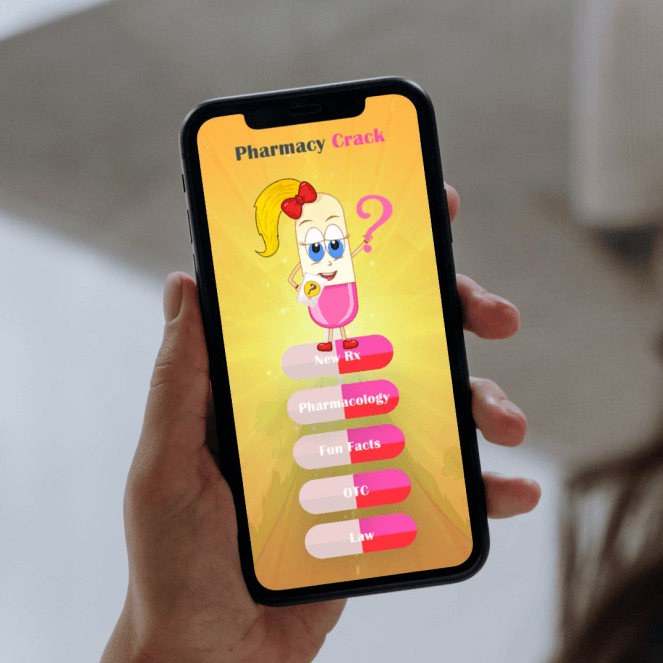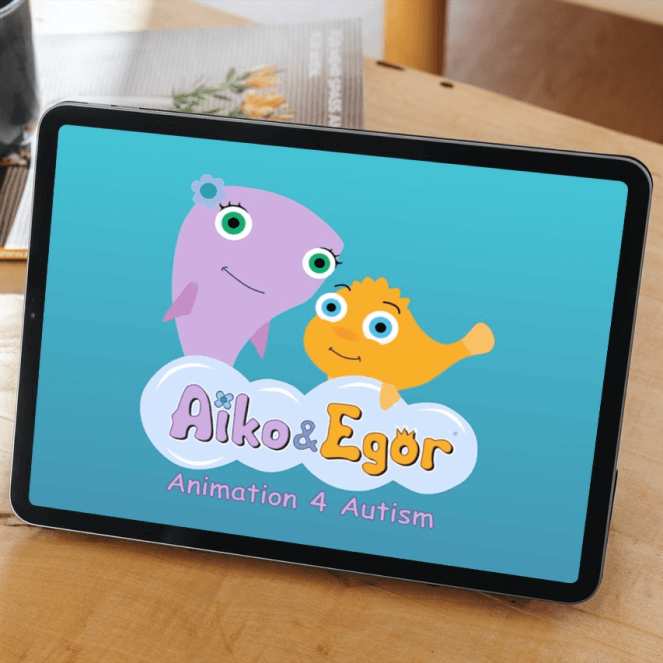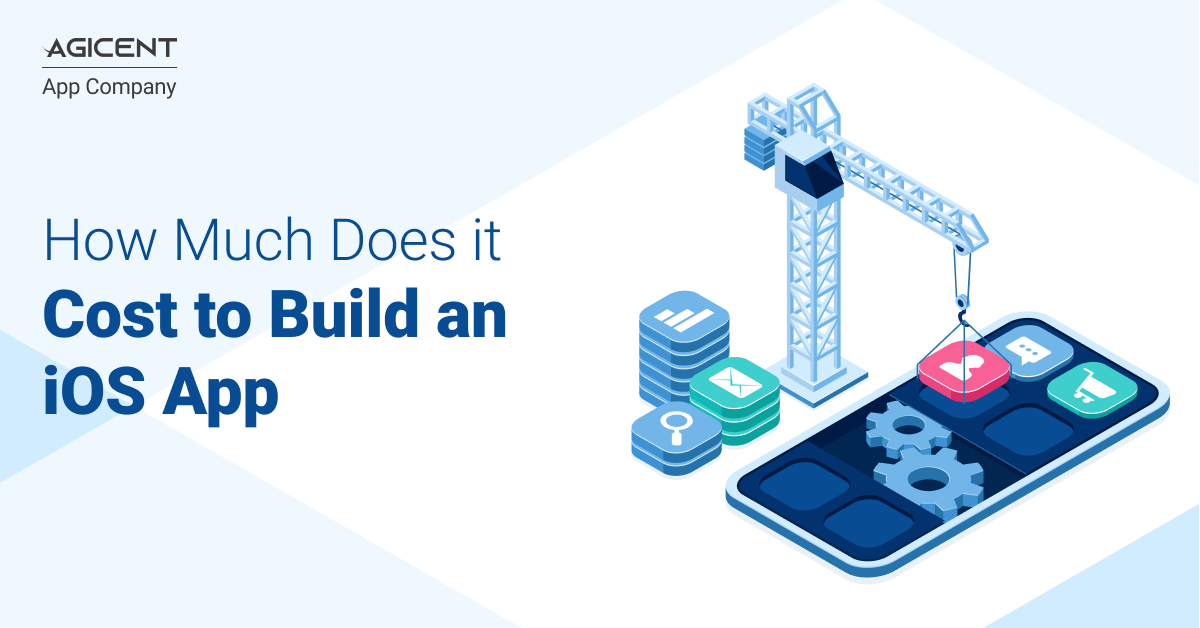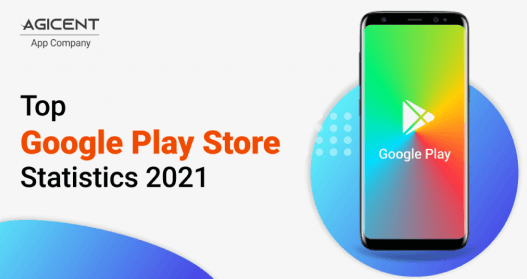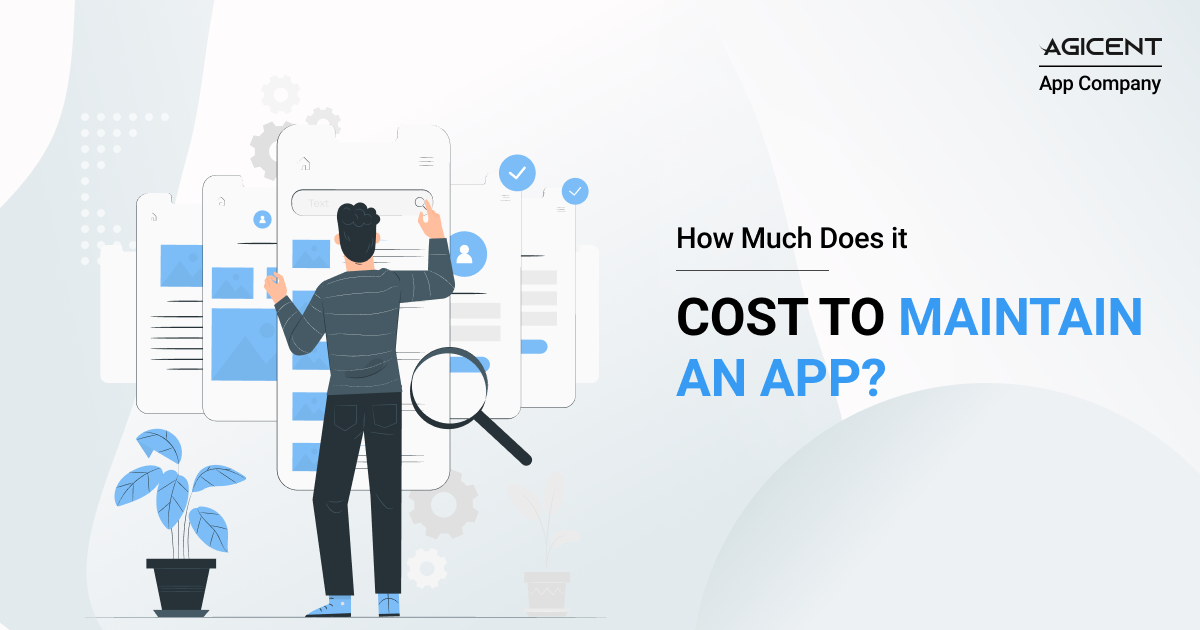Android App
Development Company
Develop next-gen iOS apps that are quality tested for perfection with future-forward iOS application development services.

Recognised by the best

Press Released Covered by Daily Mail

Best App Development Companies for Startups 2021

Our Interview with eFM

Reviewed 5 Stars on Venturepact

Top Mobile App Development Company

Verified Profile on Inc.

Covered by Huffpost

Top mobile app development company

Top mobile app developers in India

Visit our profile at AppFutura

Press Released Covered by Daily Mail

Best App Development Companies for Startups 2021

Our Interview with eFM

Reviewed 5 Stars on Venturepact

Top Mobile App Development Company

Verified Profile on Inc.

Covered by Huffpost

Top mobile app development company

Top mobile app developers in India

Visit our profile at AppFutura
Trusted by
























Android App Development Services from Agicent
Android is touted as the right choice for startups and emerging companies. Our Android development services ensure that it is fully capable of supporting established companies and their SME counterparts. We are an android development company that guarantees scalability with expertise in everything related to what is android app development.
Discuss your goals with usHere are some of our prominent and Recent App releases, with their respective Android App Development Costs
We are the experts of digital and mobility transformation, using codes, design, and lots of passion and innovation. Find out some incredible success stories of our iOS app development services that created history.
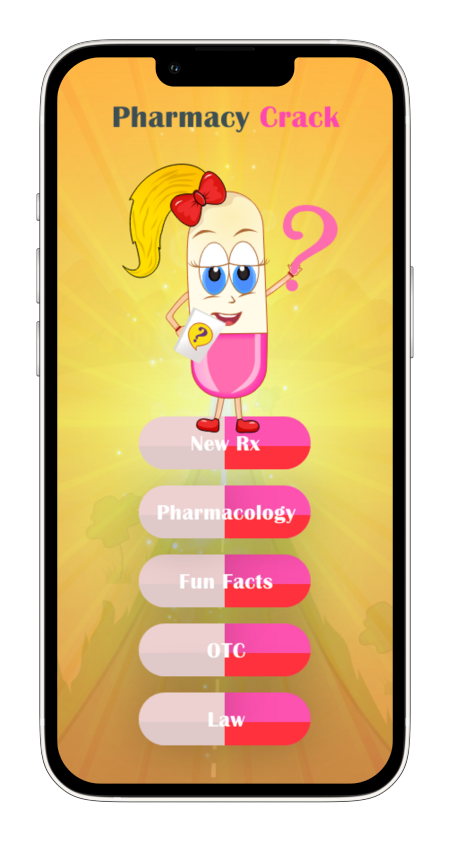
Pharmacy Crack
Pharmacy Crack: Rx Drug Trivia
Apple Pie is a fun social media app curated just for teachers! Take the teachers’ lounge to the Apple Pie app. The app offers major social features like following, comments, likes, threaded responses, notifications and advertisement rendering. We created it from the idea to everything now live!
Approx Development Cost: $ 40,000
HASfit
Top Home workout App with 4 Million Users
HASfit stands for Heart And Soul fitness because we believe everyone deserves to be fit. We created its first version back in 2014 and since then there is no looking back. The App supports iOS, Android, Roku, Firestick, Chromcast and have accumulated more than 5 million workouts checked in by the users. HASfit is going places!
Approx Development Cost: $ 40,000
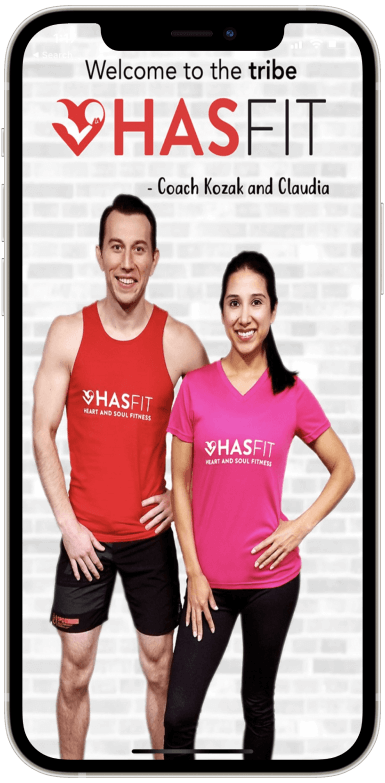
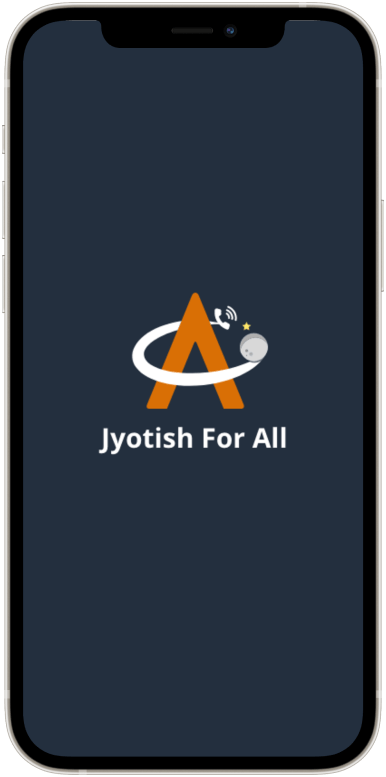
Jyotish For All
Tele Astro Consulting App - real time calls, billings, and earnings!
Jyotish for All or Astro for all is a Tele Astro consulting app just like any telemedicine app where you can talk to any live expert astrologer, tarot card reader, mystique on their per minute charge via video, audio calls or chats. The billing is real time, we implemented wallet which works globally and using Agora to facilitate the video calls, same framework that is being used in famous Clubhouse App. With 10K users in its first month of launch, we are hoping highly for the App.
Approx Development Cost: $ 60,000
You can Hire an App Developer on Demand or outsource Full Project to us
Rates for Mobile App Developers on Demand
Following is the standard rate card for different Exp and skill levels of On Demand iOS App Developers. Besides this, we can also create a custom on Demand App Team and optimized the monthly rate based on your specific needs.
Junior Mobile App Developer
Exp. Level: 1-2 Years
- Hands on iOS Development
- 3 Projects experience minimum
- Agicent’s inhouse trained
- Familiar with PM Tools
- Perfect for rapid MVPs and maintenance react native works.
Mid-level Mobile App Developer
Exp. Level: 2-5 Years
All of Jr. Dev +
- 10 Projects experience minimum
- Backend Experience
- Hands on CI/CD pipeline
- Manages Jr. Developers
- Perfect for complex react-native projects and fast Development.
Senior Mobile App Developer
Exp. Level: 5+ Years
All of Mid-level Exp +
- 15 Projects experience minimum
- Full Stack Developer
- Participate in Architecture
- Can play Tech. Lead Role.
- Perfect for bigger size projects with multi teams.
Our work
Some of our Best work that we are Proud of! With a Portfolio of 1000 + Mobile Apps, Web Apps, games and desktop software, Agicent is Awarded as Top App Company 2021 by Mobile App Daily. We work with Startups (like HASfit, Wellcure, SmartIRX), Established Companies (like Anton Paar GmBH, State Restaurant Equipment Inc) and also Giants (Like Tata Consultancy Services) and create superior Apps and Digital products everytime.

Pharmacy Crack: Rx Drug Trivia
Pharmacy Crack is one of its kind Drug Trivia quiz App supporting multiplayer environment at once. It is fun and knowledge oriented trivia app for pharmacists, nurses, students, physicians, technicians, drug enthusiasts, and anyone. The questions are regularly updated with new creative content.
We created Pharma Crack from the ground up, used native technology set with some react native and animations, while the backend is in the node.s and sits on AWS.
Aiko & Egor
Aiko & Egor is an animated video series and app developed by See Beneath, a California-based non-profit. Aiko & Egor displays simplified animation and engaging underwater characters and is intended to be watched together by children with autism and their family members but is appropriate for many developmental levels and can be enjoyed by all children. This app has skill building games, animation- based learning lessons, and simple games.
We’ve been working on Aiko & Egor for 9 years straight, created the whole App from the scratch after initial developers left. The App is developed on partially native frameworks, while the games are developed using Phaser framework and also Unity.

#ClientSpeaks
Learn more about our processes from our clients.
Mahesh Harpale
CEO, Infoshell Technologies, LLC.

Their web maintenance services are as high quality as their product development services. We have moved all our web maintenance work to them along with the core App development work and they are just doing everything we need ahead of time and in great quality!
Mahesh Harpale
CEO, Infoshell Technologies, LLC.
New York, USA
App Development Process at Agicent App Company
1. The App Discovery Phase
The discovery phase is the most important foundation phase of any App development Project. Some clients come up with just an idea, some come up with App wireframes, and a few with full specifications (read – how to write app specs yourself?) and we modify the App Discovery Process Accordingly. Simply stating, this is what we do during discovery phase –
- Step 1 – We understand your vision around the App idea, then you Business Goal, and the App’s ultimate Goal and USP.
- Step 2 – We gather features & functionality that you want in the app, we put our suggestions too and record everything.
- Step 3 – We discuss the strategy in terms of if you want to launch an MVP App first or a full product, your preferable launching date, marketing plans etc.
- Step 4 – We document all these requirements to put forward for the next step of App analysis, App Estimation, Technology & Architecture Identification.
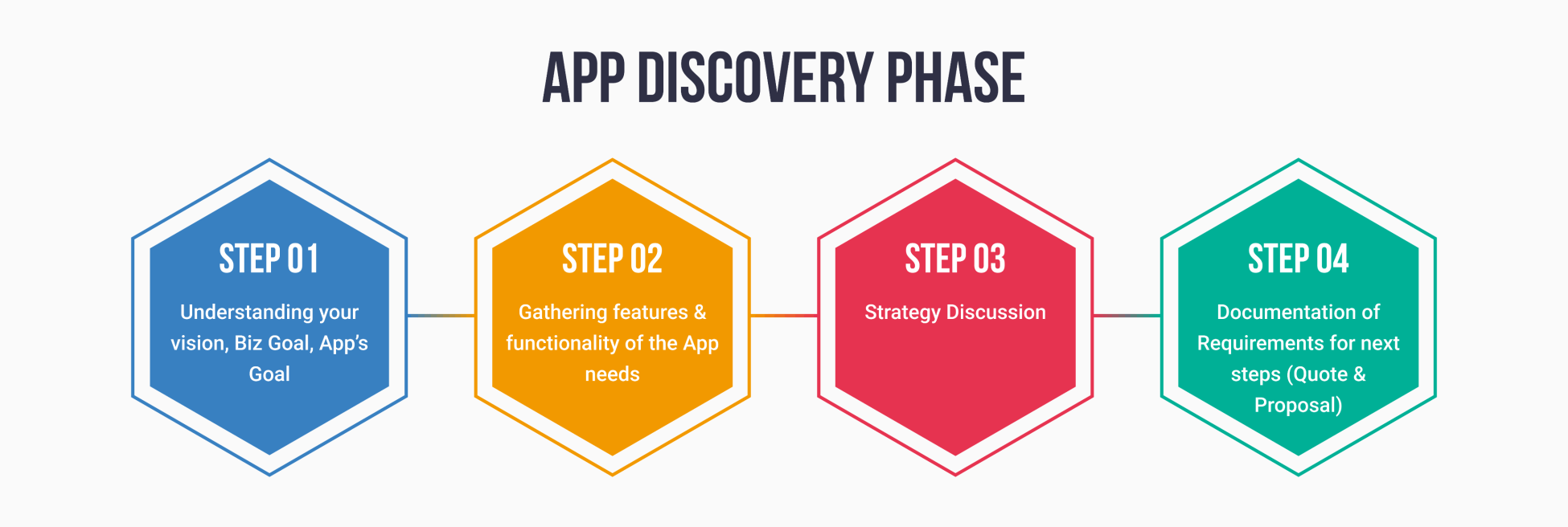
2. The App Development Proposal
Once discovery phase is over, it is time for us to craft a custom App Development Proposal for you. The proposal is usually these parts –
- Executive Summary, App’s Goal, Your Goal.
- About Teams.
- Cost of Development in phases, timelines, payment frequency.
- Delivery Schedule.
- Development technologies, libraries, proposed architecture.
- App Monetization Model.
- Intellectual Property Rights coverage.
- App Development Process, communication protocol, Project management cadence.
Once you sign the proposal, we get going within a short lead time of usually 1 week and maximum 2 weeks.
3. Wireframes > Polished High-Fidelity Designs
We believe in user-oriented design led engineering, so whatever we need to offer to the user in terms of the App is to be visualized first – everything else later. Simply put, this is the step where you start visualizing your App in action first through black and white wireframes and then through high fidelity designs (Examples in images). The process is as follows –
- App Wireframes Round 1 – Based on the feature list, we create first set of major screens as black and white App wireframes and send to you/ take a walkthrough together for feedback. The idea is to finalize the layout, user flow (UX) on the app.
- App Wireframes Round 2 – Last round’s feedback are incorporated, and another round of approval feedback and once finalized we jump on creating high fidelity App designs.
- App High Fidelity Designs Round 3 – Once wireframes are finalized, its time to put skin onto them. We pick the wireframes and then convert them into highly user friendly and aesthetically appealing intuitive app designs (see image) and send for your feedback.
- App High Fidelity Designs Round 4 (or iterations) – We do as much design iterations as you want during this phase, the idea is to put the screen visual for each and every functionality of the app (from onboarding to core functionality to mundane screens like privacy policy and settings) as granular as you can think of.
4. Preparation, Tech Architecture, Tech Stack
Based on the type and goal of the App idea, we decide on following points and start creating the DB design, Overall App’s Technical Architecture. We design the overall architecture of the system, considering various current and future factors, security considerations, scalability, and App’s Goal. The major data points to be considered in this phase are as follows -
| Front End Technology | Native (Swift/ Kotlin/ Java) or Cross Platform (Flutter, React native) |
|---|---|
| Backend Technology | Node.js or Graphql or Pure Java or PHP/ Laravel/ codeigniter |
| Infrastructure & Hosting | Amazon Web Services (AWS) or Google Cloud or any other cloud. |
| External Libraries | Maps or payment gateway or any third-party libraries for AI or any other process. |
| Test Case and Acceptance Criteria | Our Tester prepares the base acceptance criteria and test cases and that keeps on being updated as the project progresses. |
| Project Delivery Plan, Adhoc Build release schedule | The schedule of interim progressive release of the App to the testers and the customer for user acceptance testing. |
| Project Collaboration | Communication Protocol, project tracking tools that you are most comfortable with like Jira, Trello etc. |
5. Coding, Implantation, Testing, Interim Releases
All set and done, we start the heavy lifting here! Our App developers start doing the coding effort on all ends (Front end, Backend, Middle Layer). The project is divided into tasks and sub tasks assigned to the corresponding engineer and the work starts. Generally speaking, following is how the App Development proceeds –
- Round 1 of App Development First set of features developed, released to Agicent’s App tester for internal Testing. Once they pass, we release it as an Interim Progressive App to the client of their review/ testing.
- Round 2 of App Development – Next set of features developed, released to Agicent’s App tester for internal Testing. Once they pass, we release it as an Interim Progressive App to the client of their review/ testing.
- Next Round of App Development – Integration of backend and front end, release dynamic (with real time data) App for internal testing and then to the client for their review.
- Final Round (s) of App Development – All front-end Apps completed with full features, integrated fully with the backend, fully tested by our internal team. Then it is released to the client for their final review.
- Super testing and Performance Optimization - Once everything looks up and running, it is now time to put those to test. We do several rounds of polishing in terms of UI/ UX flow, Performance optimization (Speed, data consumption, device’s resource consumption, data calls frequency etc) so that App becomes real commercial grade and not just a working App.
- Last Round of App Development – Once all looks good, its time to submit the Apps on their respective stores (we do that for you!), put the backend code on the production server so as any other function that was earlier in the test environment (like payment gateway, location, trading API etc). And here we cut the CAKE and celebrate!
6. Going live on App stores/ Production Live
We work with you to fill in the Marketing and standard details on the App store, and make the Apps live on their respective stores.
7. Warranty Phase
Generally, we offer FREE 6 months no strings attached warranty for any App Development project we undertake. So we have your back for half an year even after going live for no cost.
8. App Maintenance Phase or Enhancement
Depending upon your business plan, you can hire us for App Maintenance retainer ( here are the App Maintenance Plans ) or may ask for new functionality/ Enhancement again.
Some other essential considerations during App Development
-
We consider creating PoC for projects that heavily depend upon third party technologiesAs the title suggests, if the project is not so regular type and is heavily dependent upon third party libraries or technologies (like an AI library, or a hardware API) and when we’ve not used that critical tech before, we insist on creating a proof of concept (PoC) first just to demonstrate the feasibility of the core functionality. Most of the times we do it for free (if PoC takes less than 40 hours) or charge very humbly in case it is a big PoC. We recently created a PoC of a crypto marketplace App which shows market data crunching data from various third-party APIs and it was done perfectly well and now the full project is on.
-
Prioritize App’s Security as well as of its backendThe app shouldn't serve as a gateway to scammers who want to steal the data or take control over the user's phone. Security issues are crucial if app involves online payments or needs to store and use personal information.
The major security issue is that mobile apps have an access to data stored on mobile devices (smartphones, tablets). Here is our dedicated old (but Gold) blog post on Mobile App Security Best Practices - https://www.agicent.com/blog/mobile-app-security-best-practices/ .
Let us convert your App idea into a reality using best App Development practices
Common mistakes during Mobile App Development – we’ve to Avoid these!
Following are some of the common mistakes being done while doing Mobile App development that are better to be considered and avoided before commencing the project.
-
Overestimating the cross-platform technologies. Cross platform technologies like Flutter or React native surely provides you the option to have a single code base for the front end, however it is important to know that the backend and integrations do take their own sweet time whether you use react native or Flutter or pure native technologies. So, using react native can save maximum 30-40 % of your App development time Vs using pure native. Also, when it comes to integration with third party libraries for performing various functions – native technologies are the ones that rule the roost. Native technologies like Swift for iOS, Kotlin/ Java for Android get the priority support from OEMs (Apple and Google) and also by all other library providers (whether it is a Healthcare EMR API like redoxengine, or an image processing API or so on).
-
Ignoring creating an MVP or Proof of Concept (PoC). For the projects or technologies that we’ve (or someone else has) already worked upon it is fine to directly jump on creating the app; however, in case you want us to create an altogether new feature or technology that has never been done before then it is advisable to create an MVP or a proof of concept before creating the whole project. A PoC makes sure of the feasibility, and allows us to foresee possible future challenges or opportunities while scaling up.
-
Not doing Device Specific Design Modifications. We understand one App should look same across all the devices and that is perfectly fine, however due to large number of Android devices and iOS devices it is advisable to be open minded when it comes to slightly modifying the designs separately for both these devices. It may take only few extra days or may be couple of weeks, but the results are always awesome because your user on their device gets to see the best version of their app and not just one size fits all one.
-
Neglecting Heavy Content Optimization. In the current day and age, it is absolutely common to have high resolution (and heavy in size) user generated content i.e., videos, audios, images and now even 3D designs. The technology is much advanced and most of the development environments offer you file optimization libraries by default, but we still advise to always on a look up for new technologies that can help you further optimize the content size resulting in high-speed delivery of the content. Technologies like CDN are very important here.
-
Putting Monetization Strategy on a back burner It is understandable that you just can’t decide on the monetization model right in the beginning, but during the final rounds of development atleast some monetization strategy should be decided and implanted. For example, some Branded Paid Apps (like Netflix) sell their subscription via their web version and not through the Apps (probably to save the App store’s commission) but new apps can’t afford it. However, if you’re going to launch a web version of your App along with the mobile version then we can always make a strategy which encourages users to purchase from the web version more vs app store purchase. Knowing the monetization/ sales strategy beforehand helps you in designing your marketing, customer onboarding campaigns better and keep everything in sync.
-
Not Optimizing Apps for Marketing & Analytics. There is no use of having an App if you can’t market it. App marketing campaigns (Free or Paid) require you to integrate your App with several Marketing SDKs like Google Ad SDK, Revmob, FB analytics and more. Also, your App store download page and the App’s web landing page are the gateway to the new visitors so having these pages well optimized with right keywords, images and offerings are very much important to gain new visitors.
-
Using Big costly Tools and Services during MVP Phase. All these frameworks and tools provider want to sell you their product, but not all big tools are needed atleast when your App is in the MVP phase or is still gaining users. We’ve seen some startups buy heavy costlier tools right during the development phase, which are not needed until your App is actually growing a large user base. Paid tools like Paid analytics, array of hosting and data services, Heat Maps, User Engagement tools, Paid repository and version control tools, paid project management and testing tools etc. may not be needed in the early phases and emphasize should be on getting the App created in less time, using most cost-effective tools and go live as soon as it can.
These paid tools are no doubt amazing, but you’d need them more when the app has large user base and not just in the beginning.
-
Not Updating the App Frequently, undermining Repeat Engagement Features. It is tempting to offer all your great App features at once, however it comes with its own disadvantages. The major one being, the delay in the launch and then you end up having no ideas for the next update. While App users these days want fresh updates, new features and integrations so they keep engaged with the App.
So even though most of the App projects are a good candidate for cross platform app development, still not all of them are and it is important to not neglect the power of native app development completely.
Also, Repeat Engagement Features are very important and should be thought right during the development and also be released frequently. Features like Invite your friends to earn discount, contests and rewards, highly personalized notifications, gamification are absolutely important and help you retaining your existing users while gaining new ones.



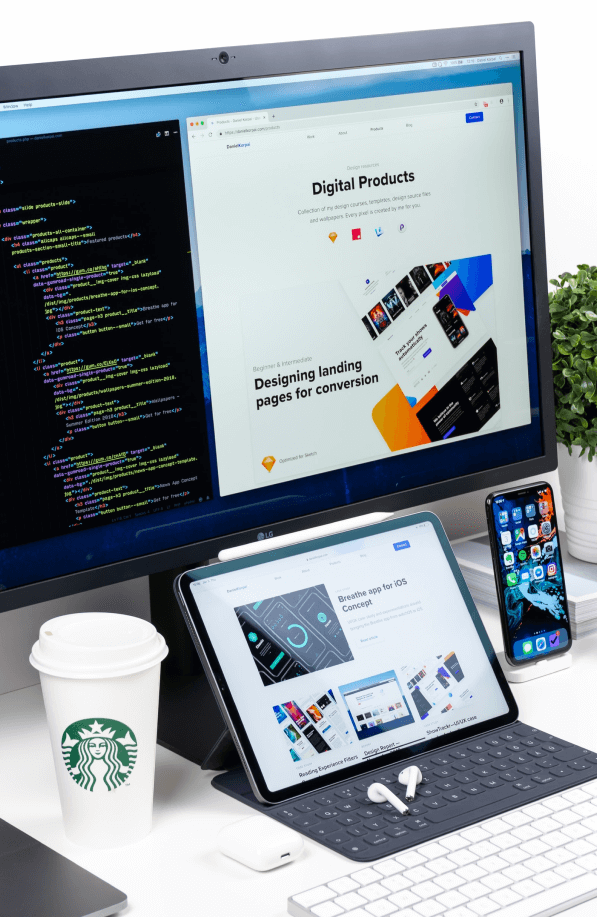
Limitations of Mobile Apps Development
-
Less Content Generation and Editing ToolsOne still has to look for high end desktop or web software when it comes to editing multimedia like Video files, audio files, 3D files. Users are super creative but the App market still lacks tools that can help you performing high end tasks like video editing, image creation completely on the Apps itself. With the growing processing machine powers of the mobile handsets, this limitation can be covered very soon.
-
Higher dependency on CloudAgain, devices are smaller than computers and therefore have less processing powers. Which means, every good app that you love has to do majority of the processing on the cloud and not on the local system and this means almost all major Mobile Apps are of no use if there is no decent internet connection. Cloud is a great thing, but over dependency on cloud results in higher server cost, more device and internet consumption and substandard speeds.
-
Excessive Device Support requiredDue to the variety of OEM Devices size, Type, Version, and OS Versions, it is challenging for a developer to provide full support to all the app uses in one go, so it becomes sort of a continuous exercise to extend support to more and more devices.
-
Cross platforms are still in early stagesIn an ideal world, writing code once should run everywhere be it Android or iOS or web. But in reality, all these great cross platform technologies like react native, flutter are still far from being the perfect replacement of the native technology and also due to higher dependency on the backend Custom Mobile App Development is still a time consuming and complex process.
Future of Mobile App Development
As per our research, discussions, and vision we understand the future of Mobile Application Development is super bright and is only going to grow from here. Some of the salient future things that we see coming around the corner are as follows
There is no doubt that all new Apps are going to be IOTenabled in some way or another. You metaverse Apps will start controlling your home devices and car and many other aspects of life. With the advent of advanced internet enabled devices and appliances, it is become easier everyday to integrate your app with these for greater purposes than just consuming or generating the content.
We believe, mobile apps are going to play a core role in the advancement of Home automation and IOT world.
All major cross platform communities are working towards making those as the perfect replacement of native technologies, so much so that they are striving to have single code base for not only different front end platforms but also for the backend. Ready to use libraries for repeat functions are being improved and we can soon see these cross-platform frameworks becoming the new Java of the mobile apps world.
Not everyone can afford to hire a development team to create their app, and not everyone can learn to code oneself and this aspires innovative engineers to create Low Code/ No Code App Development Frameworks. These frameworks may not be able to create complex Apps using drag and drop kind of things today, but they are in pursuit of reaching at a point where they can blend with the custom code easily and save a lot of App development time and hence cost. They will charge their own fee, but it can be worth it atleast during the MVP phase.
Healthcare is one of the biggest fields that is most receptive to technology advancements and exploited mobile apps for various usage like Telemedicine, EMR/ EHR, Health journaling, Insurance, device integration and more. However, the next wave of Mobile devices advancement may enable users to measure much more data points of their body than just heart rate or BP. New generation of Mobile devices and Apps will not just check on you when you want, but will keep a track of your overall data and life progress and help you avoiding future issues and keep healthy for long.
We use digital currency everyday, we trade via apps, we invest and do everything we would do with money via Apps but is this the end of Fintech in Mobile Apps? We’d say not at all, it is just the beginning. The involvement of Artificial Intelligence (AI) in the Fintech Sector would not only enable you to invest, gain, play with your funds but will also suggest you where to invest, what to invest and replace your IVY educated Investment Banker very soon.
So the expertise that high net worth individuals buy by paying a fortune, will be in your hands at your disposal with the power of AI and larger integration of the world’s fintech technologies.
We’ve seen how EdTech Mobile Apps facilitated learning and developing during the pandemic time when everyone was studying from home. Like Air, Water and Earth – quality education should be accessible to all and our industry is working relentlessly towards making this a reality. Its not very long before AI empowered high quality educational content and Apps will replace the culture of going to classrooms completely. High end collaboration tools, AI empowered education courses, and tools to keep you committed are going to change the way people get educated and earn degrees. Mobile Apps ofcourse are going to play a core part in this big change.
Augment reality Apps (AR Apps), Virtual Reality Apps (VR Apps) and games are still in their early stage. The future will have more “realistic” reality augmenting apps and also creating a more “real” virtual experience. Facebook has already conceived and launched meta, ViroReact is the first step toward this direction to give confidence that in future we can incorporate VR & AR with react. We also expect to see improvements to React Native for VR in open source. For example, we anticipate that projects aimed at reducing memory consumption for VR use cases will also reduce memory consumption for React Native on mobile and desktop experiences.
Have a futuristic App Idea? Let’s talk and make it a reality.
Industries that we’ve created React Native Apps for
We've created an app or a software for practically many industry verticals in the last 15 years. From Healthcare to lifestyle, from IoT Apps to AR/VR apps, from Games to Enterprise Apps, From Booking to Fintech Apps and so on. You pick a category, and we'll show you a latest or older App on that done by us.
Tools & technologies used for Mobile App Development
We research, strategize, and come up with the most steadfast and profitable model of the Mobile app for your business. Hire Mobile app developers to take advantage of technological advancements that gives you an edge over your competitors.
Language
Frameworks
Database
Backend
Frequently Asked Questions
Relevant Blog Posts
